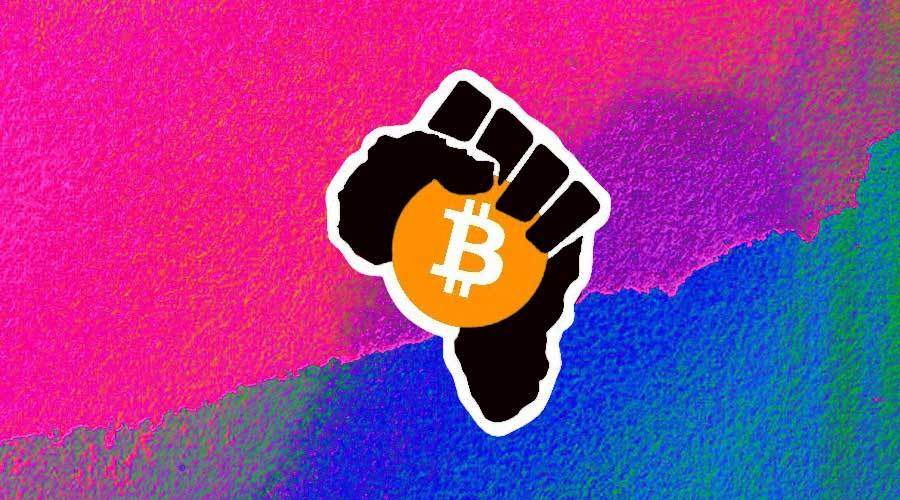China's Stablecoin Push: A New Era in Borderless Finance
- China accelerates stablecoin adoption for cross-border payments, with PayPal using PYUSD to reduce costs and bypass traditional banking delays. - Experts highlight stablecoins' efficiency in corporate treasury management, enabling real-time settlements and yield generation from reserve assets. - SWIFT explores digital currency integration while emerging markets leverage stablecoins for remittances and payroll in unstable currency environments. - Global $179 trillion cross-border market sees growing deman
China's exploration of stablecoins for cross-border payments is gaining momentum as global financial institutions and payment providers seek faster, cheaper, and more efficient alternatives to traditional systems. Companies such as PayPal are already leveraging stablecoins to streamline international transactions. PayPal Holdings recently began using its PYUSD stablecoin to settle cross-border payments through its Xoom service, bypassing traditional banking hours and reducing costs. This shift underscores a broader trend in which businesses are recognizing the advantages of stablecoins in facilitating cheaper remittances, lower transaction fees, and reduced friction in global money movement [1].
Experts in financial services are also turning their attention to the potential of stablecoins in corporate treasury management. Mark Nichols, a principal at Ernst & Young, noted that stablecoins can offer a more efficient way to handle corporate finances, including real-time settlements and yield benefits from reserve assets such as U.S. Treasury bills. According to McKinsey & Co., legacy payment networks like SWIFT and MoneyGram often take up to five business days to process a transaction due to the involvement of multiple intermediaries, time zone differences, and batch processing. This has led to an increasing demand for real-time, low-cost, and inclusive cross-border solutions [1].
The cross-border payments market itself is massive, with global transactions reaching approximately $179 trillion in the past year. Stablecoins have emerged as a viable alternative in this context due to their 24/7 availability, real-time settlement capabilities, and low costs. Bam Azizi, CEO of Mesh Connect, emphasized that the "killer app" for stablecoins lies in payments, particularly in cross-border, B2B, and payout scenarios. For multinational companies with operations in multiple countries, the adoption of stablecoins is not just a strategic advantage but a necessity to avoid financial inefficiencies [1].
SWIFT, a dominant player in global payments , has also begun exploring the integration of digital currencies into its infrastructure. Recent trials have shown that stablecoins can operate alongside traditional fiat currencies within the same network, enabling seamless transactions across public and private blockchains. While SWIFT has not taken a stance on the settlement model, it emphasized its role as a facilitator of diverse payment solutions. The cooperative highlighted its ability to interlink disparate networks, allowing participants to transact using both digital assets and traditional value systems without overhauling existing infrastructure [1].
In emerging markets, stablecoins are particularly appealing for remittance services and corporate payroll. In regions where local currencies may lack stability or desirability, companies are increasingly using stablecoins to issue wages directly into digital wallets. For example, in countries like Argentina, where workers may prefer U.S. dollars but cannot access them through traditional channels, stablecoins offer a workaround. This trend is expected to grow as more businesses adopt digital currencies to meet the needs of remote and international employees. As stablecoin technology matures, its role in reshaping global financial infrastructure is likely to expand significantly.

Disclaimer: The content of this article solely reflects the author's opinion and does not represent the platform in any capacity. This article is not intended to serve as a reference for making investment decisions.
You may also like
Zeus unveils institutional-grade MPC infrastructure blueprint at Solana Breakpoint 2025, enabling Bitcoin to enter Solana’s on-chain capital markets
The focus will now shift to building MPC tools and providing support for developers, driving the creation of more native UTXO applications on Solana.

When Belief Becomes a Cage: The Sunk Cost Trap in the Crypto Era
As cryptocurrencies transition from idealism to mainstream finance, participants need to be wary of the sunk cost effect and soberly assess whether they are still striving for a worthwhile future.

Ultiland: The new RWA unicorn is rewriting the on-chain narrative of art, IP, and assets
Once attention forms a measurable and allocatable structure on-chain, it establishes the foundation for being converted into an asset.
